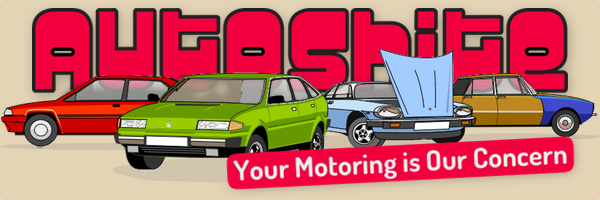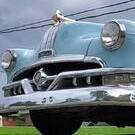Durable Car Ownership?
-
Similar Content
-
Discover the rust. A tale of Discovery ownership and its many flaws. Found more rust :( 1 2 3
By sutty2006,
- 88 replies
- 8,487 views
-
- 158 replies
- 18,081 views
-
- 61 replies
- 5,047 views
-
Cars at Sunset 1 2 3
By inconsistant,
- 89 replies
- 6,423 views
-
Car in the Woods
By LimitedSlippedDisc,
- 6 replies
- 1,055 views
-







Recommended Posts
Create an account or sign in to comment
You need to be a member in order to leave a comment
Create an account
Sign up for a new account in our community. It's easy!
Register a new accountSign in
Already have an account? Sign in here.
Sign In Now